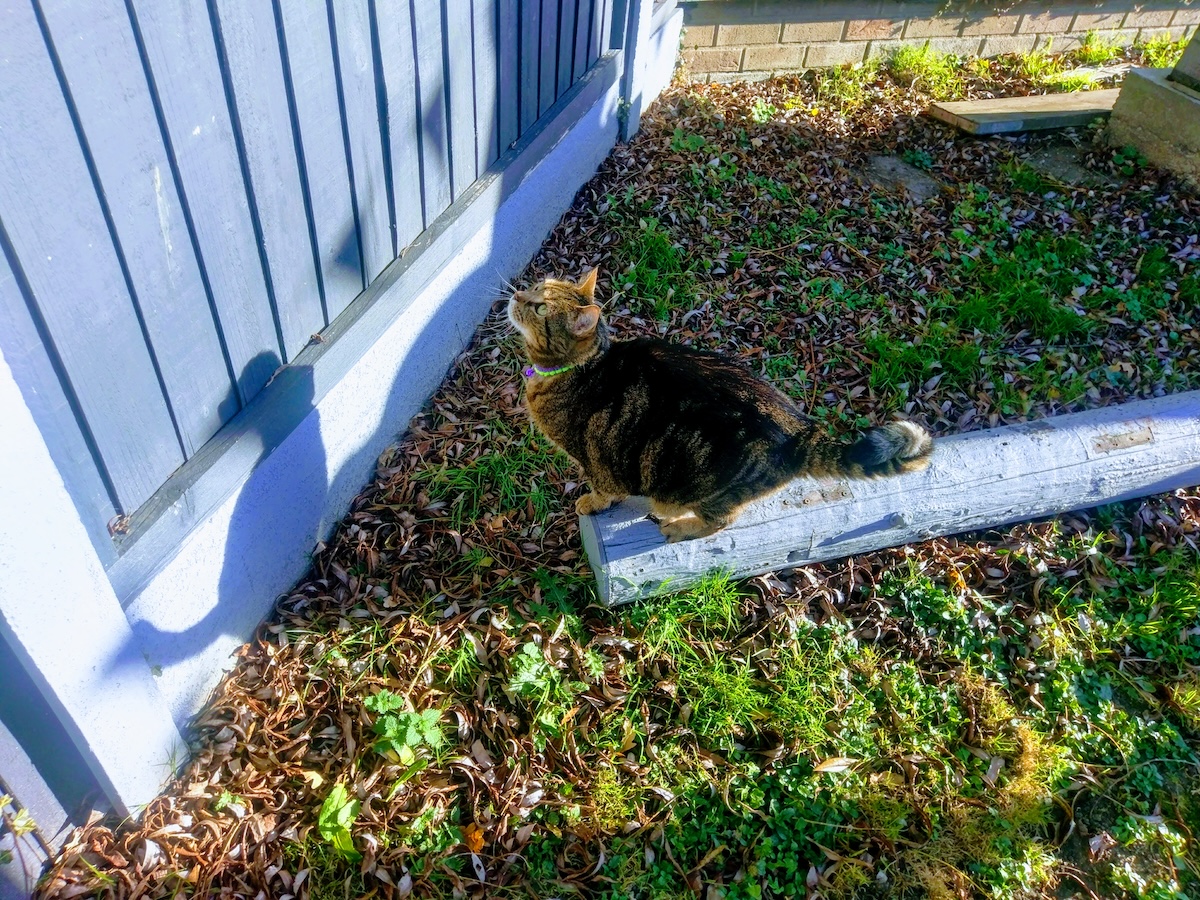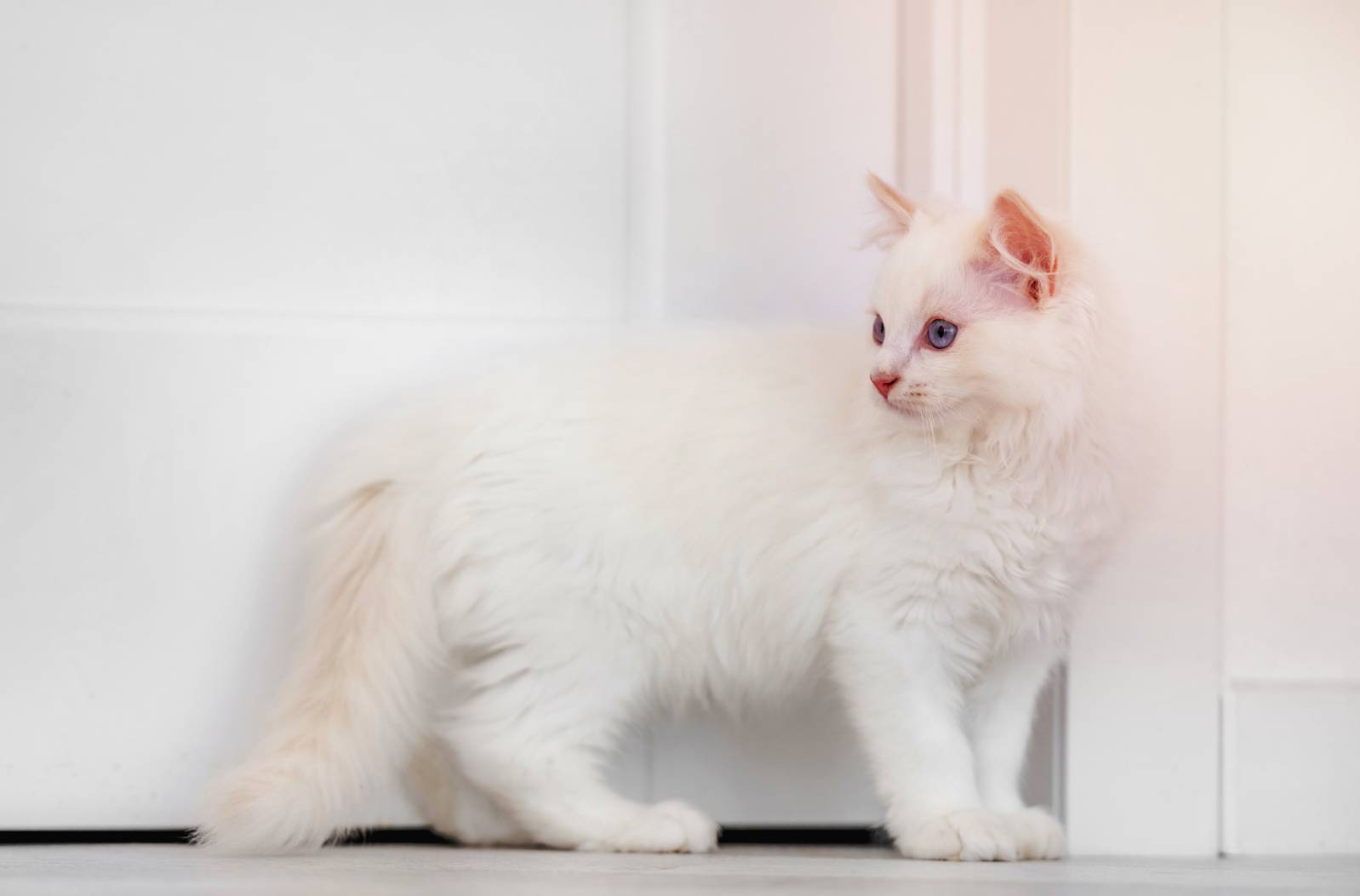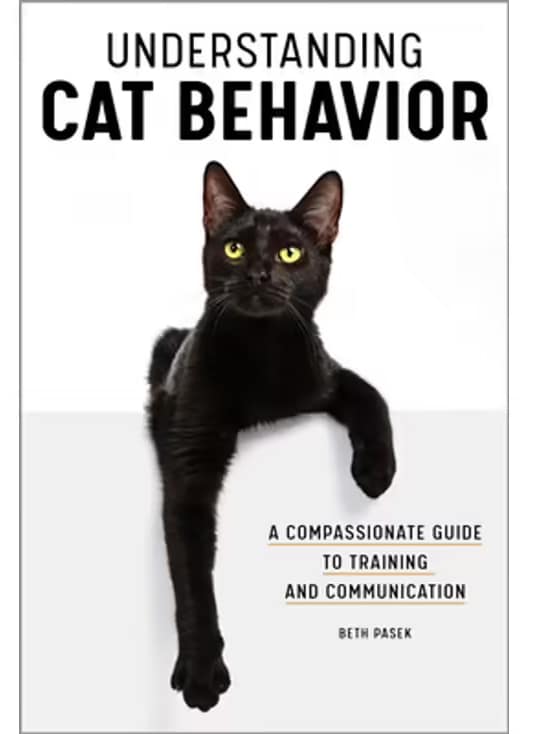Never Too Old To Travel: Sully’s Big Adventure
Hi, I’m Dr. Karyn! Read my introduction to learn more about me and meet my five hilarious cats: Clutch, Cyril, Alex, Zelda, and Zazzles. When I came to the UK in 2012, it was supposed to be for a year or two. I would pick up locum work and travel, and eventually return to Australia once the […]













